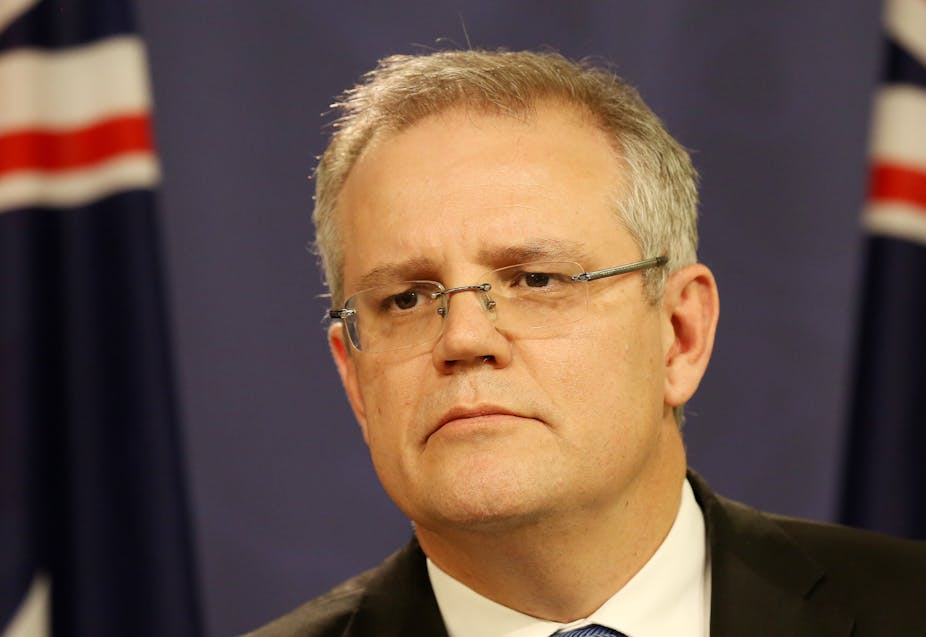Immigration minister Scott Morrison should cease to be the legal guardian of unaccompanied asylum seeker and refugee children, a church-sponsored report has urged.
Instead, an independent guardian should be appointed to ensure these minors are protected in accordance with local child welfare laws and Australia’s international obligations.
The report, Protecting the Lonely Children, is authored by Jennifer Basham, research specialist, mission and social justice, Anglicare Southern Queensland, with contributions from Reverend Gillian Moses and Sonia Caton. It is from the Australian Churches Refugee Taskforce, an initiative of the National Council of Churches.
The report’s authors condemn the present system of guardianship and care of unaccompanied children as “failing on many fronts”.
“It is convoluted, inequitable, grievously lacking in transparency and accountability and it is a system which can be cruel.”
Children are receiving vastly different treatment and care, depending on many factors including how and when they arrived, the competence of bureaucrats in assessing their age or conducting interviews (often while no independent advocate is present) and the quality of the detention.
“Shamefully too for Australia some have been sent to detention camps offshore.”
The position of minister as guardian is untenable, the report argues, given he is “also tasked with being their judge and jailer”.
Australia’s arrangements are largely out of step with international standards and practices of comparable countries. “It is very unusual for an immigration minister or someone with such immigration responsibilities to have guardianship responsibilities.” For example, in the European Union, a guardian may be from a non-government organisation or possibly someone within government with responsibilities for child protection, but not the department legally responsible for the child’s detention.
The report says that ideally the role would be given to an independent statutory office of guardianship of unaccompanied minors. Alternatively responsibility could be transferred to the new National Children’s Commissioner.
It also calls for the closed detention of children to be ended. Unaccompanied children should be immediately removed from closed detention on Christmas Island and onshore detention centres. Children off shore should be returned to Australia.
“The minister forsakes his guardianship duties when he sends unaccompanied children to the detention camp in Nauru (and previously Manus Island). The evidence is clear that children are experiencing terrible physical and mental suffering. This is state-sanctioned child abuse, which the taskforce believes will warrant a royal commission,” the report says.
“There is no sustainable resettlement possible in Nauru. It is a painful facade offering no real solution,” the report says.
“Children on Nauru are locked up behind wire, living in cramped, rat-infested vinyl tents where the temperatures are extreme. They have poor access to the most basic of subsistence needs.”
As of April 30, there were 833 children in immigration detention facilities and alternative places of detention; 1490 in community detention; 1827 in the community on a bridging visa E, and 190 who had been removed from Australia for detention on Nauru.
The church report follows Human Rights Commission president Gillian Triggs’ recent strong criticism of the situation of children on Christmas Island, after she inspected conditions there.
Immigration minister Scott Morrison’s office told the ABC: “The number of children held in detention has declined by over 35% under this government, from more than 1,300 at the time of the election down to 849, and the number of children in detention on Christmas Island has been reduced by more than 60%.”

